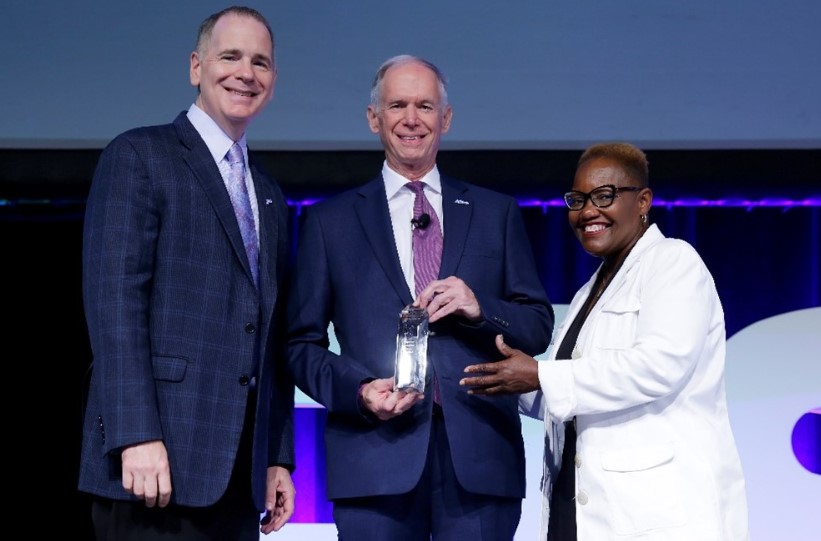
Pioneering a fresh approach to drug-related offenses, the Rehabilitative Alternative Probation (RAP) Program under Judge Charles Burns‘ leadership has been a beacon of hope for individuals trapped in the cycle of addiction. At a time when alternatives to traditional punitive measures are being sought, the RAP program in Cook County offers a model of rehabilitation that is gaining national attention, even earning Judge Burns induction into the Stanley Goldstein Treatment Court Hall of Fame.
The RAP program, along with its counterpart, the Women’s Rehabilitative Alternative Probation (WRAP), provides a two-year alternative sentencing structure. It offers individuals who have committed non-violent drug-related offenses a path to recovery, eschewing the conventional route of imprisonment. The program aims to support participants through their recovery journey, helping them reintegrate into the community as sober, transformed individuals.
More than just a rehabilitation initiative, the RAP program acknowledges the specific needs and challenges of its participants. While in the program, participants complete substance use treatment with frequent drug and alcohol screens, attend court regularly, participate in self-help support groups, and receive any other treatment or counseling recommended by the RAP team. The program provides gender-specific services through separate men’s and women’s programs.
Integral to the program’s success has been its partnerships with community organizations. These collaborations have enabled the RAP program to offer comprehensive services that range from locating and securing interim and long-term housing, helping furnish newly acquired homes, to providing career employment and financial credit services, mental health counseling, and trauma-informed treatment.
In a ground-breaking initiative, the RAP program has collaborated with the Cook County Housing Authority since 2018 to provide housing vouchers to program participants and graduates. The initiative, which has already placed 16 individuals in housing, is seen as a national model for addressing housing instability among treatment court participants.
Upon graduating, participants can look forward to having their probation satisfactorily concluded, their cases dismissed, and their convictions expunged. This outcome not only marks a new chapter in their lives but also exemplifies the transformative potential of alternative sentencing and justice reform.
The recognition of Judge Burns’ leadership and the success of the RAP program was recently celebrated with his induction into the Stanley Goldstein Treatment Court Hall of Fame, an honor awarded by All Rise – a leading organization that advocates for and provides training to treatment courts.
In essence, the RAP program, under the stewardship of Judge Burns, represents a significant milestone in the evolution of treatment courts. The program not only underscores the need for alternative sentencing in addressing drug-related offenses but also highlights the potential of such programs in transforming the lives of individuals and communities alike.
